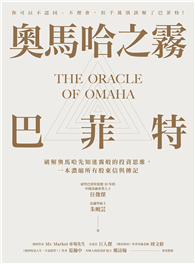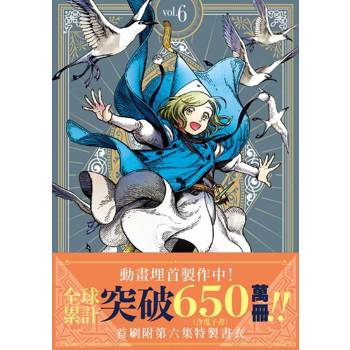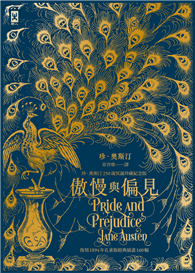This is the first book to set the development of tourism in China since 1949 in its policy context. Underpinned by a strong conceptual framework, this systematic study of China contributes to an in-depth understanding of how public policy-making for tourism works and how it affects the development of tourism in the real world. The text explores tourism policy during three distinct leadership periods since creation of the People’s Republic of China in 1949. The attitudes and values of leaders and central government agencies towards tourism are considered, as well as the interactions of ideological orthodoxies, socioeconomic conditions and institutions in their influence on national policy-making and tourism development. A separate chapter is devoted to policy-making in Hong Kong and Macau, as well as Taiwan. Drawing on China’s experience over 60 years the book concludes with both theoretical and practical implications for tourism policy-making.
| FindBook |
有 1 項符合
Tourism in China: Policy and Development Since 1949的圖書 |
 |
Tourism in China: Policy and Development Since 1949 作者:Airey 出版社:Routledge 出版日期:2017-05-25 語言:英文 規格:平裝 / 352頁 / 普通級/ 初版 |
| 圖書館借閱 |
| 國家圖書館 | 全國圖書書目資訊網 | 國立公共資訊圖書館 | 電子書服務平台 | MetaCat 跨館整合查詢 |
| 臺北市立圖書館 | 新北市立圖書館 | 基隆市公共圖書館 | 桃園市立圖書館 | 新竹縣公共圖書館 |
| 苗栗縣立圖書館 | 臺中市立圖書館 | 彰化縣公共圖書館 | 南投縣文化局 | 雲林縣公共圖書館 |
| 嘉義縣圖書館 | 臺南市立圖書館 | 高雄市立圖書館 | 屏東縣公共圖書館 | 宜蘭縣公共圖書館 |
| 花蓮縣文化局 | 臺東縣文化處 |
|
|
圖書介紹 - 資料來源:博客來 評分:
圖書名稱:Tourism in China: Policy and Development Since 1949
|











